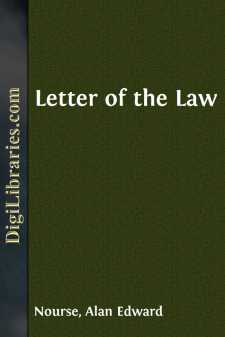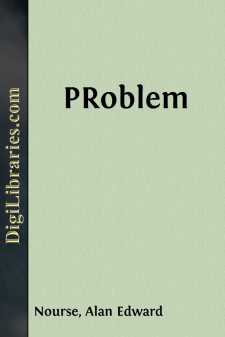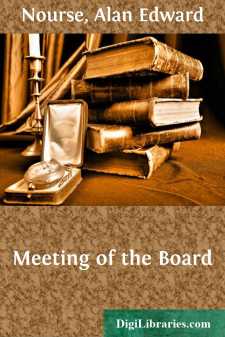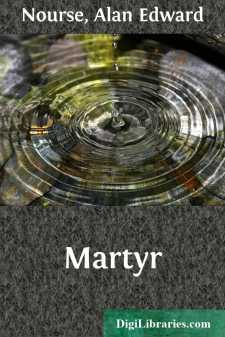Categories
- Antiques & Collectibles 13
- Architecture 36
- Art 48
- Bibles 22
- Biography & Autobiography 813
- Body, Mind & Spirit 142
- Business & Economics 28
- Children's Books 16
- Children's Fiction 13
- Computers 4
- Cooking 94
- Crafts & Hobbies 4
- Drama 346
- Education 46
- Family & Relationships 57
- Fiction 11829
- Games 19
- Gardening 17
- Health & Fitness 34
- History 1377
- House & Home 1
- Humor 147
- Juvenile Fiction 1873
- Juvenile Nonfiction 202
- Language Arts & Disciplines 88
- Law 16
- Literary Collections 686
- Literary Criticism 179
- Mathematics 13
- Medical 41
- Music 40
- Nature 179
- Non-Classifiable 1768
- Performing Arts 7
- Periodicals 1453
- Philosophy 64
- Photography 2
- Poetry 896
- Political Science 203
- Psychology 42
- Reference 154
- Religion 513
- Science 126
- Self-Help 84
- Social Science 81
- Sports & Recreation 34
- Study Aids 3
- Technology & Engineering 59
- Transportation 23
- Travel 463
- True Crime 29
Infinite Intruder
Categories:
Description:
Excerpt
It was the second time they tried that Roger Strang realized someone was trying to kill his son.
The first time there had been no particular question. Accidents happen. Even in those days, with all the Base safety regulations and strict speed-way lane laws, young boys would occasionally try to gun their monowheels out of the slow lanes into the terribly swift traffic; when they did, accidents did occur. The first time, when they brought David home in the Base ambulance, shaken but unhurt, with the twisted smashed remains of his monowheel, Roger and Ann Strang had breathed weakly, and decided between themselves that the boy should be scolded within an inch of his young life. And the fact that David maintained tenaciously that he had never swerved from the slow monowheel lane didn't bother his parents a bit. They were acquainted with another small-boy frailty. Small boys, on occasion, are inclined to fib.
But the second time, David was not fibbing. Roger Strang saw the accident the second time. He saw all the circumstances involved. And he realized, with horrible clarity, that someone, somehow, was trying to kill his son.
It had been late on a Saturday afternoon. The free week-ends that the Barrier Base engineers had once enjoyed to take their families for picnics "outside," or to rest and relax, were things of the past, for the work on the Barrier was reaching a critical stage, demanding more and more of the technicians, scientists and engineers engaged in its development. Already diplomatic relations with the Eurasian Combine were becoming more and more impossible; the Barrier had to be built, and quickly, or another more terrible New York City would be the result. Roger had never cleared from his mind the flaming picture of that night of horror, just five years before, when the mighty metropolis had burst into radioactive flame, to announce the beginning of the first Atomic War. The year 2078 was engraved in millions of minds as the year of the most horrible—and the shortest—war in all history, for an armistice had been signed not four days after the first bomb had been dropped. An armistice, but an uneasy peace, for neither of the great nations had really known what atomic war would be like until it had happened. And once upon them, they found that atomic war was not practical, for both mighty opponents would have been gutted in a matter of weeks. The armistice had stopped the bombs, but hostilities continued, until the combined scientific forces of one nation could succeed in preparing a defense.
That particular Saturday afternoon had been busy in the Main Labs on the Barrier Base. The problem of erecting a continent-long electronic Barrier to cover the coast of North America was a staggering proposition. Roger Strang was nearly finished and ready for home as dusk was falling. Leaving his work at the desk, he was slipping on his jacket when David came into the lab. He was small for twelve years, with tousled sand-brown hair standing up at odd angles about a sharp, intelligent face. "I came to get you, Daddy," he said.
Roger smiled....












